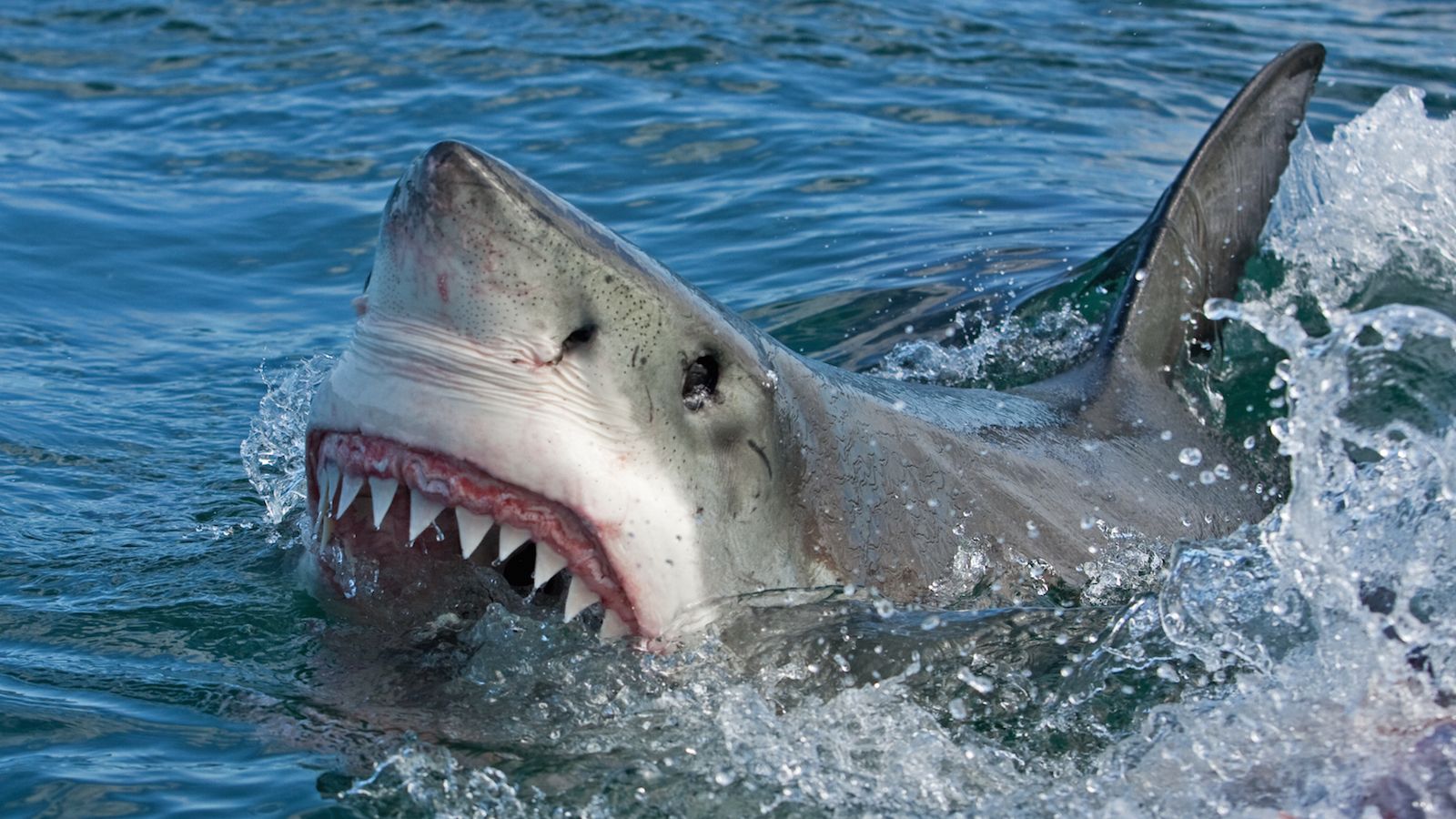What Sharks Reveal About Tooth Regeneration
Sharks are known for their ability to regenerate thousands of razor-sharp teeth in their lifetime. But according to a new study, everyone's favorite ocean predator can tell us something about our own species. Continue below to learn more.

Sharks can reproduce an infinite amount of teeth in their lifetimes.
Maybe it’s the gills and fins, but at first glance, sharks and mammals do not have many similarities. But according to a new study, humans have more in common with sharks than previously thought.
For the first time, researchers from the University of Sheffield have uncovered the genetics that allow sharks to regenerate teeth using a conveyor-belt system. Here is what the team learned and how their discoveries can be used to aid human tooth regeneration.
1. Humans and sharks possess the same cells
According to the study from the University of Sheffield’s Department of Animal and Plant Sciences, sharks can form a set of epithelial cells called dental lamina. These cells allow sharks to develop and regenerate teeth their entire lives. Humans have these cells, too, but they only facilitate the development of baby and adult teeth before the cells are lost.
2. The genetics found in sharks probably made the first vertebrate teeth
The team from the University of Sheffield discovered that these genes are around 450 million years old. This means that they make all vertebrate teeth from sharks to mammals, with mammals’ regeneration showing significant reduction over time.
3. Genes are responsible for the initial surfacing of shark teeth
Using catshark embryos, the team found these genes were present in the early stages of a shark’s development.
4. We may be able to regenerate teeth like sharks in the future
Since we share these “tooth genes” with these ancient underwater hunters, researchers may not be far away from figuring out how to manipulate them for human tooth regeneration.
“The Jaws films taught us that it’s not always safe to go in the water, but this study shows that perhaps we need to in order to develop therapies that might help with human tooth loss,” said Dr. Gareth Fraser, lead researcher for the study, in a press release.
ACTIVA BioACTIVE Bulk Flow Marks Pulpdent’s First Major Product Release in 4 Years
December 12th 2024Next-generation bulk-fill dental restorative raises the standard of care for bulk-fill procedures by providing natural remineralization support, while also overcoming current bulk-fill limitations.